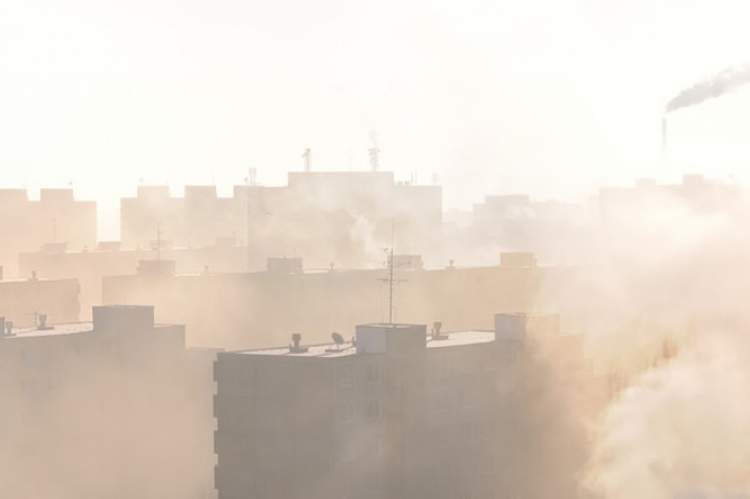Principles of restriction of rights (hajr) in islam
The Declaration of Human and Civil Rights (in French: "Déclaration des droits de l'homme et du citoyen") is a fundamental document of the French Revolution, defining the individual and community rights of the people. As a first step towards drafting the constitution, it was adopted by the National Constituent Assembly (Assemblée nationale constituante) on 26 August 1789.
The first article is: “Men are born and remain free and equal in rights. Social distinctions can be founded only on the common good.” They could have even quoted the Quran. Totally consistent. However, don't overlook: “Men are born and remain free and equal in rights”. However, let's don't forget that freedom has limits and and even though we are born with equal rights, we are born with only certain rights and later gain additional rights with age (at the age of majority), knowledge, institutional empowerment, etc. So, we are not automatically the beneficiaries of all rights by birth. I think we misunderstand a lot of things in democracy in the legal sphere because we empower ourselves or others to do things that we are not entitled to by birth. There is a regulation in Islam on the Institution of Legal Restriction, in other words Hajr. The word itself means stone, rock, sharp border, but its meaning can be extended to quarantine, imprisonment. In the Quran reads:

The Day they see the angels,- no joy will there be to the sinners that Day: The (angels) will say: "There is a barrier forbidden (to you) altogether!" (Quran 25:22)
There are three groups of people with restricted rights. The first in whose interest it is. Such are the minors and orphans (Quran 4: 6 and 6: 152). Until they reach the age of majority, their guardian takes decision on their wealth or heritage. They cannot vote in elections or be involved in testimony. The conditions of guardianship, rights and obligations of guardians are regulated in detail by Islam. Likewise, patients suffering from lack of accountability or mental illness fall under guardianship, too.

And come not nigh to the orphan's property, except to improve it, until he attain the age of full strength; give measure and weight with (full) justice;- no burden do We place on any soul, but that which it can bear;- whenever ye speak, speak justly, even if a near relative is concerned; and fulfil the covenant of Allah. thus doth He command you, that ye may remember. (Quran 6:152)
The second group includes those whose rights are restricted by an adopted law. These include debtors, bankrupt entrepreneurs, who recover their full rights when they repay their debt. It is up to the community to decide what these rights and restrictions and sanctions are. This category also includes the patient suffering in mortal illness who has not disposed regarding the one third of his assets within the legal limits. Islam prescribes the rules on the legacy concerning the two-thirds of the property of every believer, but one-third is left on the free will of the person. The rule here is that the believer cannot give in his lifetime anything to anyone in excess of the one-third limit. So, we cannot touch the obligatory part, either voluntarily or involuntarily. Near death, one can lose his/her own awareness on judgment.
The third category is the restriction of criminal law. This includes those who have been deprived of their capacity to act, are in the process of being sentenced or have legal obligations, such as compensation.
However, there is one other very important thought in the first article of the Declaration of Human and Civil Rights: “Social distinctions can be founded only on the common good.” So, there are differences in terms of social utility or common good and Islam acknowledges that. To do so, Islam grants rights or restricts rights. I don't mean the above punitive measures, but also about professionalism, and abilities to elect or to be elected. In a hospital, an operation is decided by a consortium of doctors, which does not involve the vote of the cleaning-maid. It is important to know who cast the ballot in a referendum. I am not talking about male and female voting because, contrary to popular belief, every female vote is equivalent to one male vote. Only when a debt is registered for testimony two female votes are equal to one male vote. At other occasions not! But why does the vote of an intoxicated man who gets a couple of pounds for his daily drug shot have the same value as the vote of a university professor? A person who does not even know what country he exists in, just showing vegetative phenomena, why does he take part in community issues with the same strength as someone who makes responsible, prudent decisions? In these cases, Islam also applies the institution of the Hajr.
Indeed, the institution of the Hajr is not democratic, but who claims that Islam is equal to democracy and who claims that democracy is the perfect standard to be followed?





















